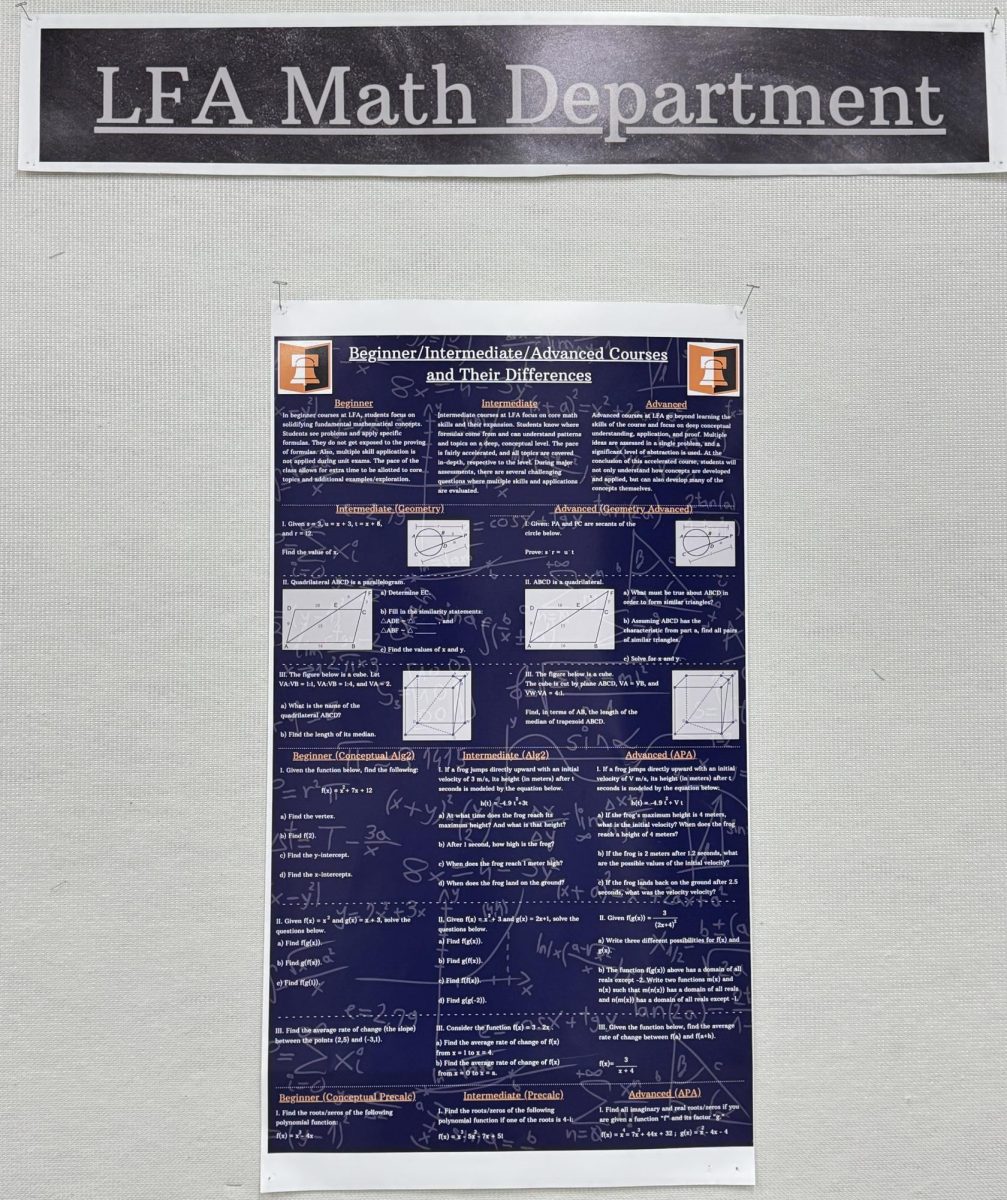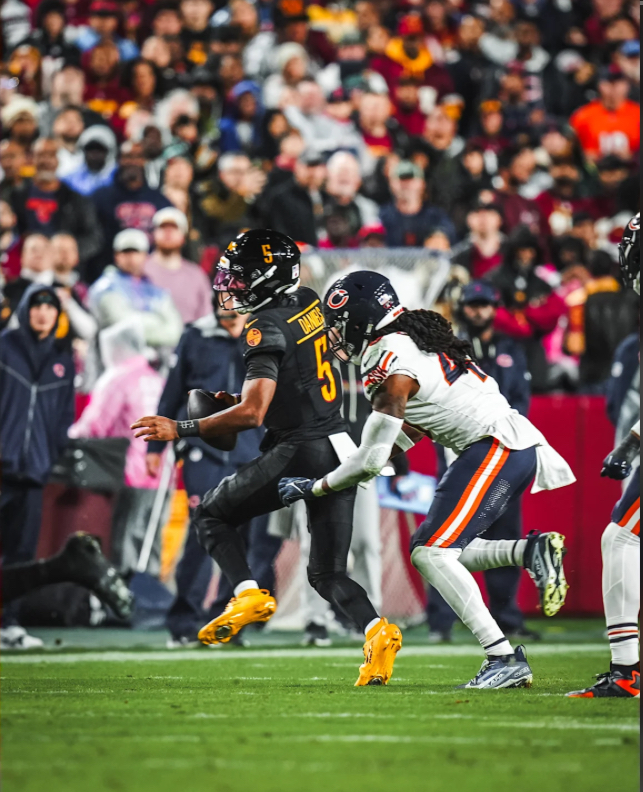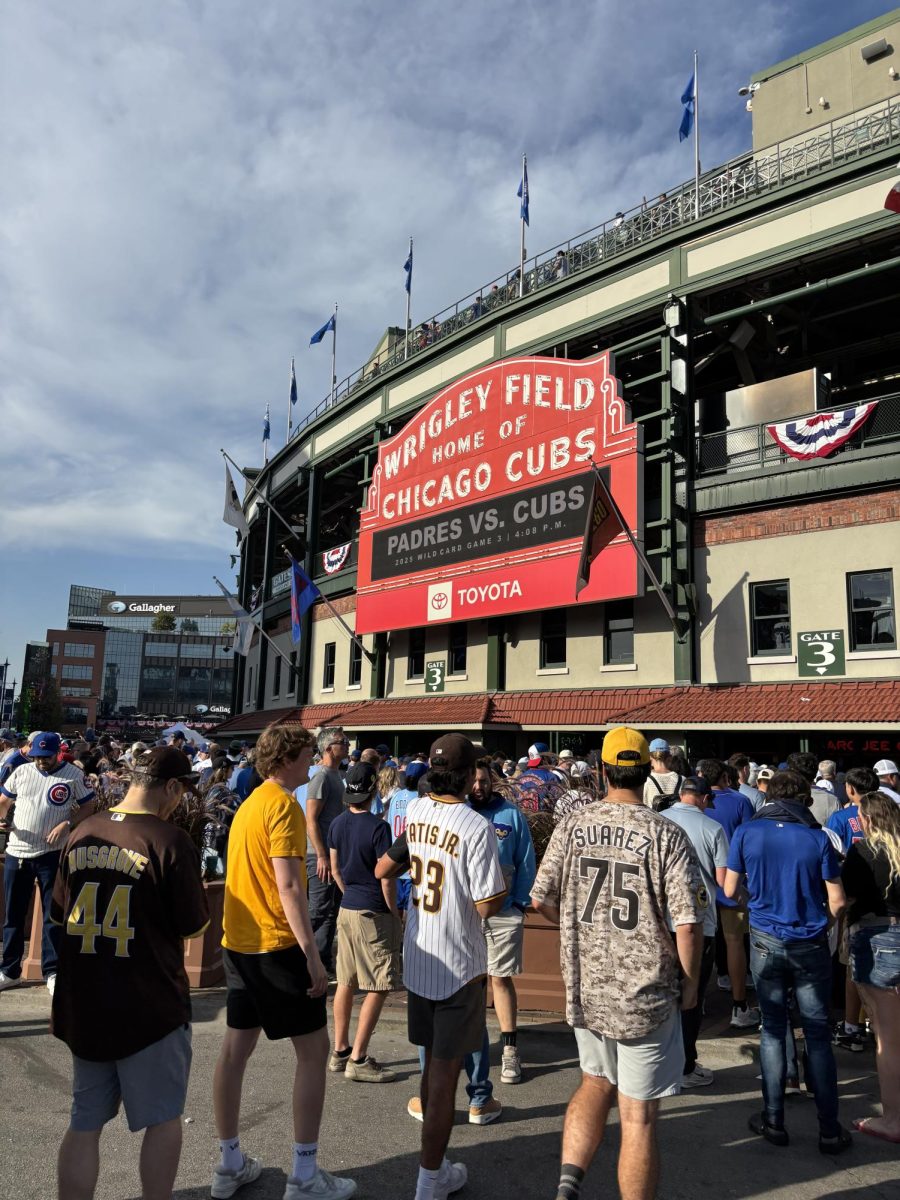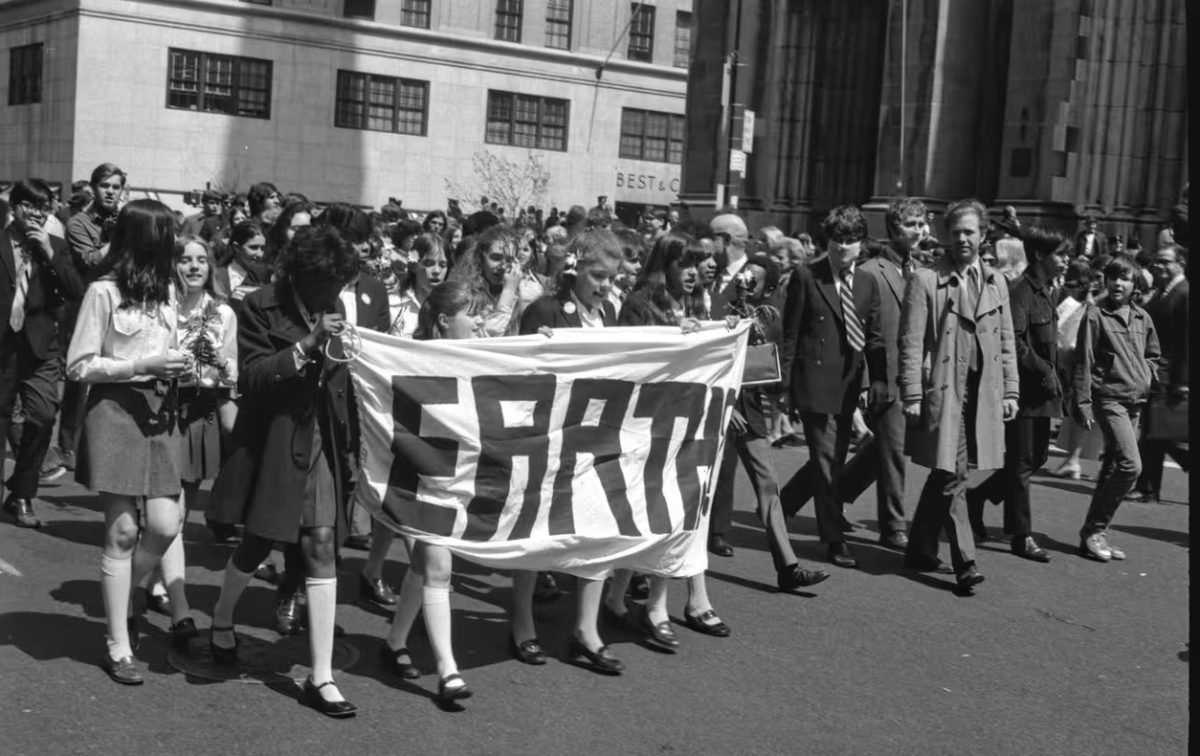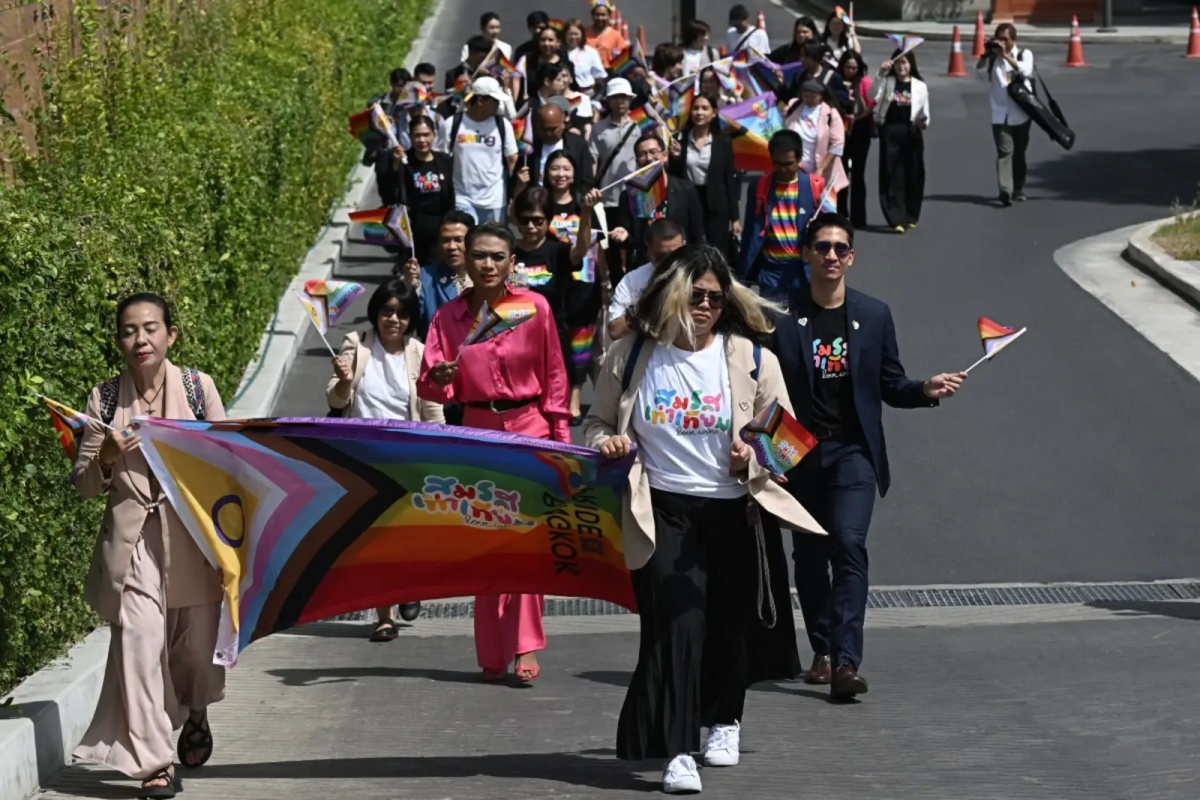“Offensive and Derogatory Language” Clause Opinion
September 27, 2018
Attempting to address the difficult and highly controversial subject of what defines offensive language on campus, the “offensive and derogatory language” clause has been added to the LFA handbook in recent years. Although this seems like an obvious and important aspect of LFA’s policies and rules, there are issues within this clause that need to be addressed and understood by the student body. As students at LFA, we pride ourselves on the diversity and multiculturalism that characterizes our school. We recognize the importance of respecting different ideas and cultures as this ideology is what makes LFA what it is: a hub of pluralism. In no way, shape, or form do we disagree with the idea that students must respect each other, especially in such a diverse community. However, with this diversity of thought and culture comes many different definitions of what is considered offensive; there is no unified understanding among our students of what makes a word or phrase offensive. The “offensive and derogatory language” clause does little to help this issue. The vague wording of the clause gives us a blanket statement instead of a definition, creating confusion and opening the door for misunderstanding and uneven interpretation.
The handbook defines offensive language as, “words that tend or intend to detract, disparage, or belittle” and the clause includes stereotypes and negative uses of ethnicity, race, sexual orientation, gender, class, religion, or disability. We aren’t disagreeing with the idea of the clause; it’s important to understand what you’re saying and the impact it can have on other people. What we do disagree with is the vagueness of a clause that holds such power over the student body. With such a broad definition of “offensive language” students could use words that they might not even realize are offensive to certain people, and with this new rule in the handbook, those students would be subject to censure, warning, or probation, with multiple offenses resulting in expulsion. The clause also claims that any language that is, “spoken, written, recited as published material, or shared using social media” is under the scope of a punishable offense. The “published material” aspect of the clause is exemplified in the handbook as song lyrics, which to us, is frankly a little absurd. The idea of immediate term review for reciting song lyrics that we might not even know are offensive is worrisome for us as students, especially given that our generation that is so constantly surrounded by music.
It’s vital to respect and understand the importance of language and the power of words on others, but to instantly punish is not the answer. While we understand that repeat offenders must be punished, putting students’ careers in jeopardy for a one-time loss of judgement is not only unfair to the student, but it will teach them nothing. Derogatory language is an extremely sensitive subject and must be treated as such. Offenders should be forced to discuss their mistake until they come to the understanding of why it was wrong. This discussion would be a preferable alternative to term review especially at a school that emphasizes the importance of dialogue in and out of the classroom.
LFA is not only a diverse school in culture, ethnicity, and thought, it is one that prides itself on the interplay between the many groups that make up its student body. This interplay exists, and can only exist, by bringing controversial and uncomfortable subjects to light. Adding this clause without a clear definition of derogatory language, yet outlining such sharp punishments for breaking it seems like an attempt to brush a major issue under the rug rather than deal with the consequences of discussing it.



